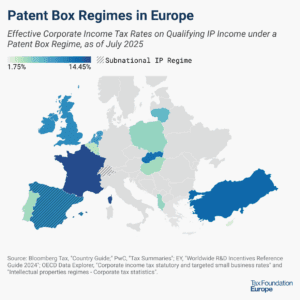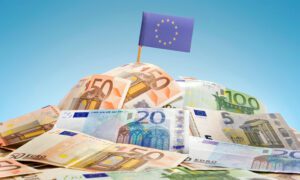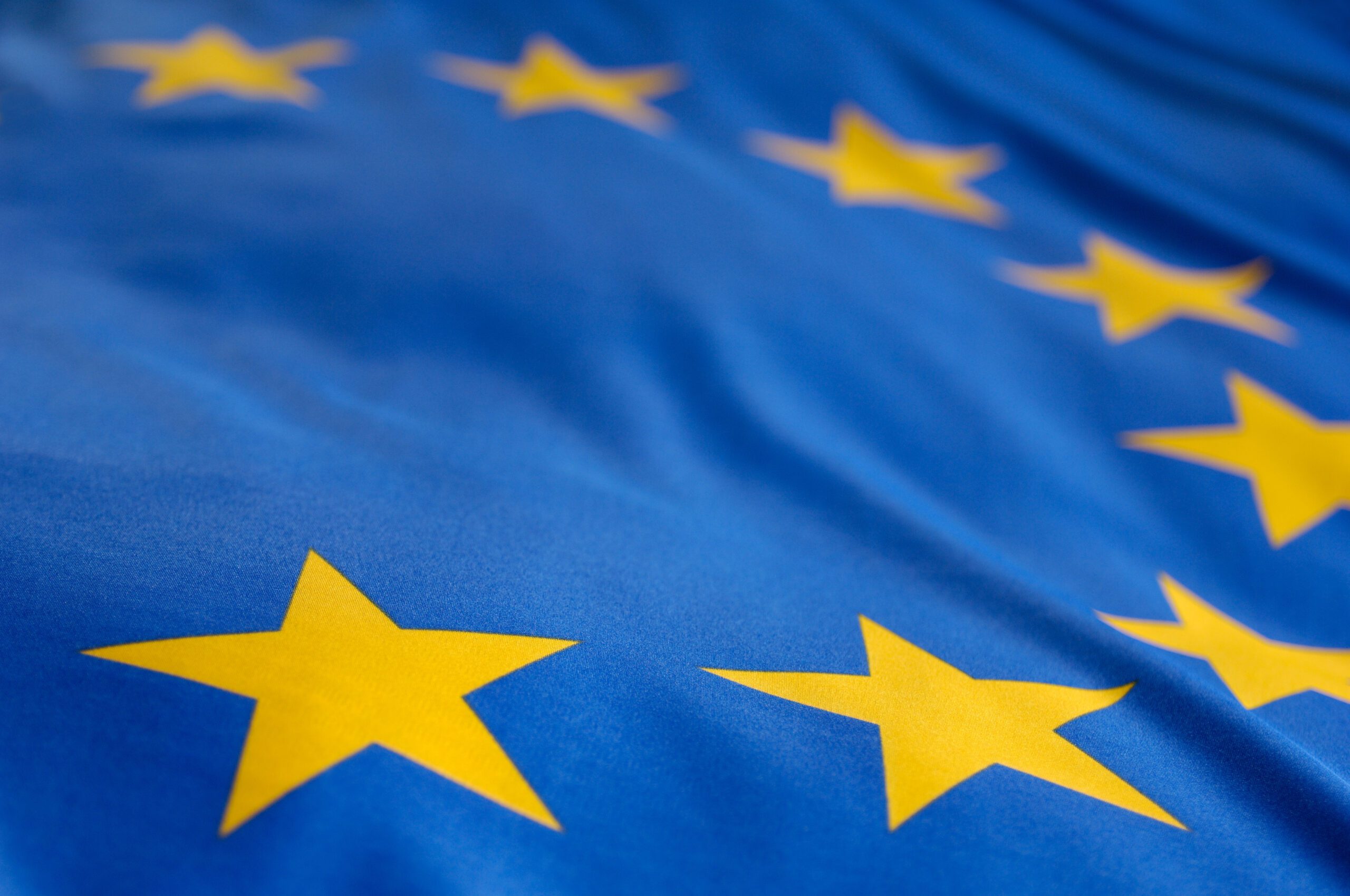
The variety of approaches to taxation among European countries creates a need to evaluate these systems relative to each other. Likewise, as the EU takes a more active approach in tax policy harmonization and proposes new Own Resource ideas, it is imperative EU policymakers understand current Member State policies to avoid creating more losers than winners. That is why we developed the European Tax Policy Scorecard (ETPS).
The ETPS compares the competitiveness and neutrality of each country's tax system. A competitive tax code keeps marginal tax rates low and a neutral tax code raises the most revenue with the fewest economic distortions. Together, these principles promote sustainable growth while raising sufficient revenue.
The ETPS explains why certain tax codes stand out as good or bad models for reform, and is a useful tool for understanding the relative impact of EU tax policy on the competitiveness and neutrality of Member State tax systems. Below, you can find an archive of our analysis using the ETPS to evaluate the impact of proposed EU policies on various countries.
The ETPS evaluates 32 European countries, including all 27 EU Member States and five European members of the Organisation for Economic Co-Operation and Development (OECD) that have significant economic relationships with the EU (Iceland, Norway, Switzerland, Turkey, and the United Kingdom).
Featured European Tax Policy Scorecard Analysis
Below are resources for understanding how the ETPS is calculated and analysis showing how the competitiveness and neutrality of Member States would change under different EU-wide tax proposals.
Methodology
-
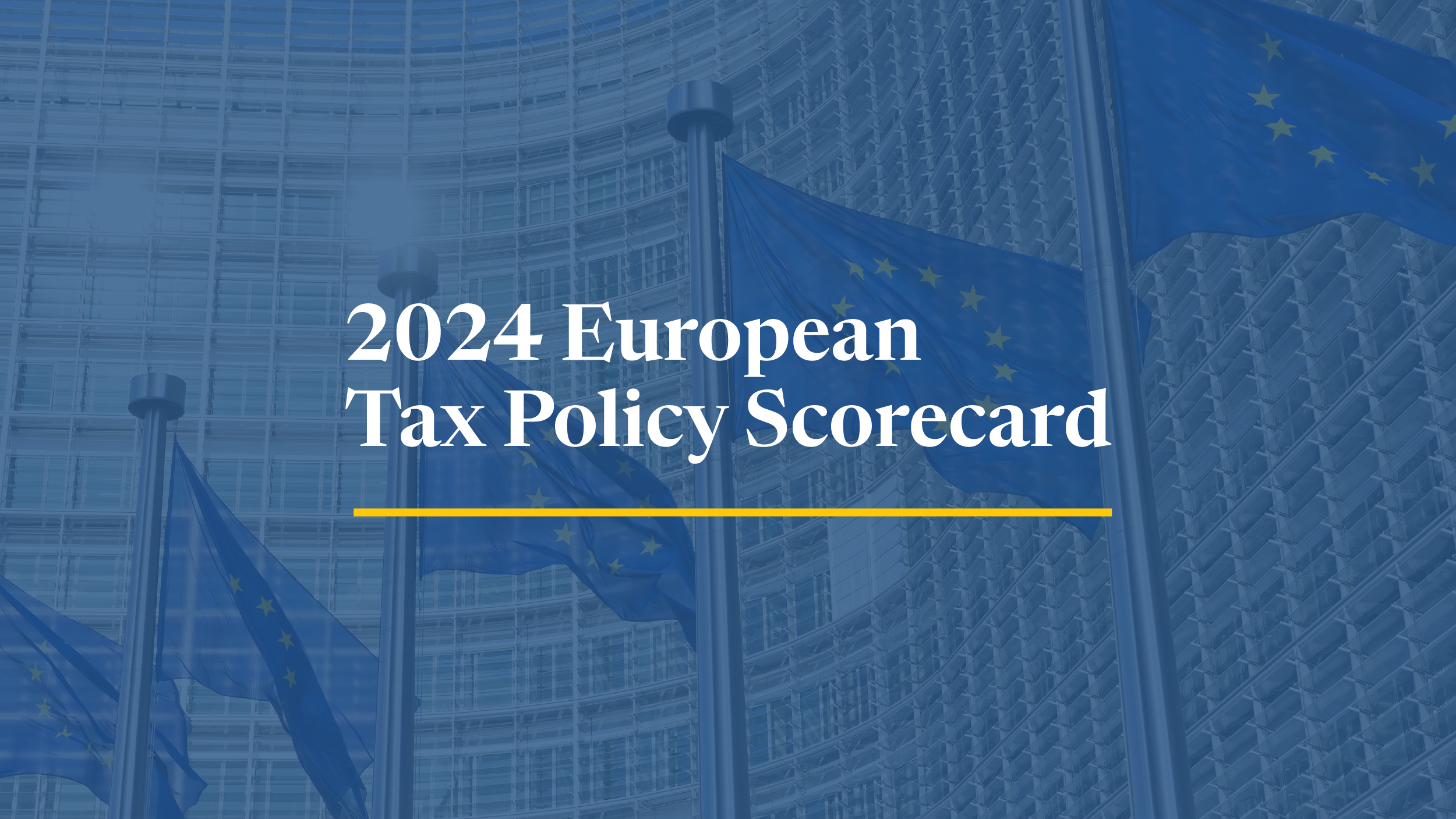 Europe
Europe2024 European Tax Policy Scorecard
The variety of approaches to taxation among European countries creates a need to evaluate these systems relative to each other. For that purpose, we have developed the European Tax Policy Scorecard—a relative comparison of European countries’ tax systems.
55 min read
Proposal Scores
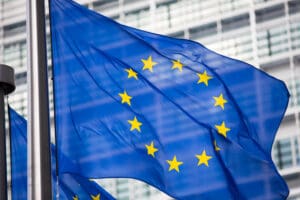
Distributed Profits Taxation Would Be a Good Role Model for the EU’s 28th Regime
In a recent speech at the Davos Economic Forum, European Commission President Ursula von der Leyen announced plans to create a single set of rules for corporate law, insolvency, labor law, and taxation, under which companies could seamlessly operate across the European Single Market.
7 min read
European Tax Policy Scorecard: How Competitive is Ukraine’s Tax System Relative to EU Member States?
In the end, the best way for the EU to support Ukraine’s post-war recovery is to guarantee its tax sovereignty, not just its territorial sovereignty.
5 min read
European Tax Policy Scorecard: Capital Cost Recovery under BEFIT versus Current Member State Policies
A harmonized EU tax base is a project in the making. Policymakers have a chance to put the Union on a path for increased investment and economic growth by focusing on the details of capital cost recovery.
3 min readFeatured Experts
Have a question about the European Tax Policy Scorecard or the impact of EU tax proposals on Member States? Contact us or click on an expert to request them as a speaker at your next event.
-
 Expert
ExpertSean Bray
Vice President of Global Projects at Tax Foundation and Policy Director of Tax Foundation Europe

